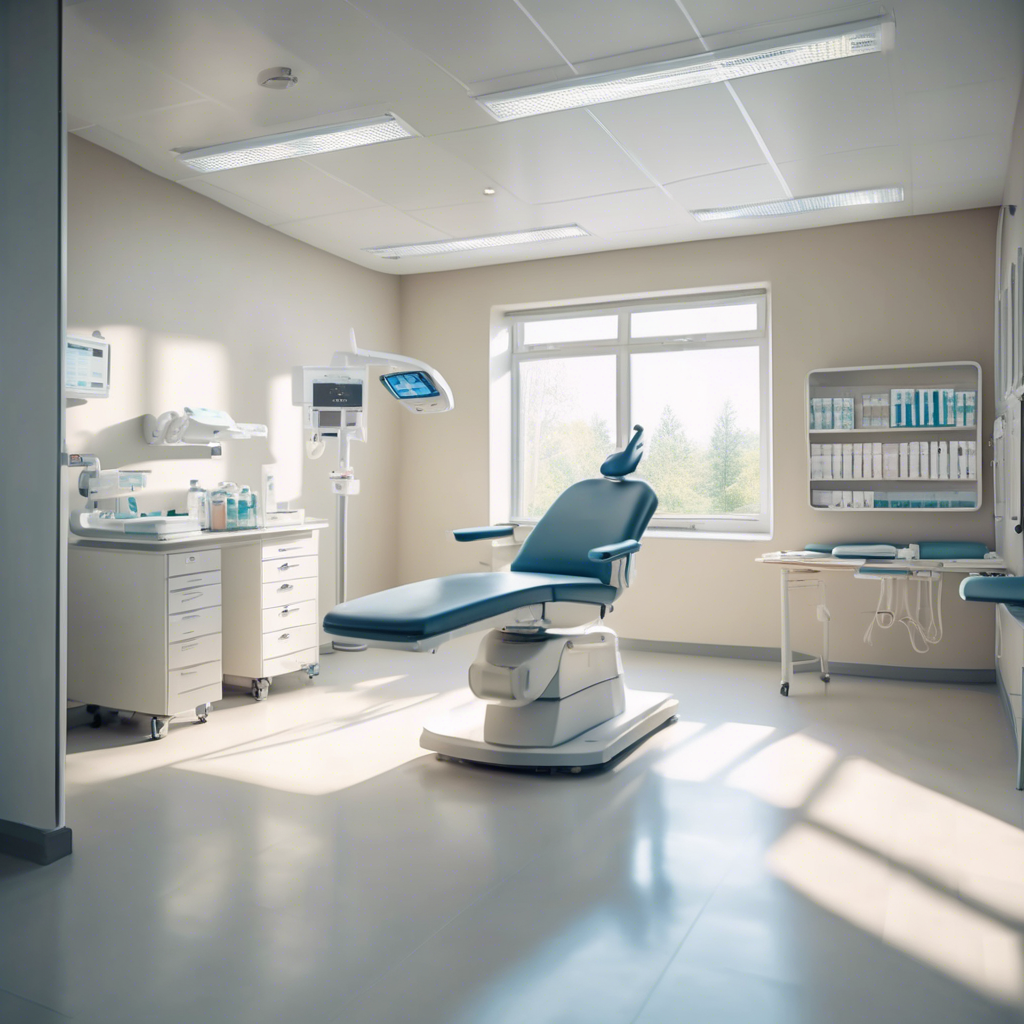
Regular visits to an oncologist stand as a critical pillar in the fight against cancer, serving not just for treatment but for prevention and early detection. Oncologists, medical specialists trained in the complex nature of cancer, wield expertise that goes beyond addressing existing tumors. They possess the knowledge to assess an individual’s risk factors, recommend timely and appropriate screenings, and advise on lifestyle changes that can dramatically reduce the risk of developing cancer in the first place. This proactive approach is vital because cancer detected early often has significantly better treatment outcomes. According to the American Society of Clinical Oncology (ASCO), oncologists are integral to prevention counseling, guiding patients through the maze of cancer susceptibility and preventive strategies with a clear, personalized plan. Not many people realize that their oncologist can be a personal health strategist dedicated not only to fighting cancer but also to keeping it from appearing at all.
One of the most fascinating aspects of an oncologist’s work in prevention is the crafting of personalized screening schedules. Unlike a generic health check-up, cancer screenings recommended by oncologists are meticulously tailored taking into account a person’s age, gender, family medical history, and lifestyle factors such as smoking or diet. For example, someone with a family history of colorectal cancer may be advised to start colonoscopies at a younger age than the general population. This personalization increases the chances of catching abnormalities or precancerous conditions early on, potentially preventing cancer altogether. Interestingly, advances in genetic testing have improved oncologists’ ability to identify patients with inherited cancer risks, such as BRCA gene mutations that elevate breast and ovarian cancer risks, allowing for even more customized screening plans. This individualized attention turns routine screenings into powerful, life-saving tools.
Consistency is key when it comes to monitoring health, and oncology practices often bolster this by providing patients with timely reminders and follow-ups. With busy lives and endless distractions, keeping track of appointments, lab tests, and ongoing screenings can be tough. Oncologists and their teams mitigate this by proactively reaching out to patients to ensure they don’t miss critical check-ups where early signs of cancer or other health concerns might be detected. This attention to sustained follow-up demonstrates a holistic approach to patient care — it’s not just about in-clinic visits but maintaining a continuous dialogue about health. Technology is increasingly woven into this process, with modern clinics utilizing automated appointment systems, apps, and even AI assistants to keep patients engaged and compliant with recommendations. One notable technological innovation is OncoPreventer, a smart tool designed to provide personalized screening plans, send reminders, and offer lifestyle advice — essentially acting as a digital companion in the patient's journey toward cancer prevention.
Lifestyle modifications recommended by oncologists are another cornerstone of reducing cancer risk. These guidelines may feel familiar — eat more fruits and vegetables, exercise regularly, quit smoking, and limit alcohol consumption — but they are grounded in robust scientific evidence. For instance, epidemiological studies consistently associate high consumption of processed and red meats with increased colorectal cancer risk, while diets rich in whole grains and antioxidants from plant sources are shown to have protective effects. Furthermore, engaging in physical activity not only helps maintain a healthy weight but also influences hormone levels and immune function, which can impact cancer risk. Smoking cessation remains one of the most beneficial changes any person can make, since tobacco use is linked to numerous cancers beyond just lung cancer, including bladder, throat, and pancreatic cancers. Oncologists leverage their expertise to provide tailored advice that fits each patient’s unique situation, helping them make sustainable changes rather than generic prescriptions. Remarkably, recent research hints at the role of the gut microbiome in cancer risk, adding an exciting frontier to lifestyle-based prevention strategies.
Regular oncologist check-ups serve multiple vital functions beyond screening and lifestyle advice. These visits allow healthcare providers to monitor the effectiveness of prevention strategies, detect any early signs of cancer recurrence in patients with a history of cancer, and address new health developments. Equally important is the emotional and psychological support oncologists offer — cancer risk and diagnosis involve profound fear and uncertainty. Patients often find comfort in ongoing relationships with their care teams who understand the nuances of their medical histories and can provide reassurance and guidance. This comprehensive approach reinforces the notion that cancer prevention is not a one-time event but a lifelong commitment supported by expert care. In fact, many oncologists emphasize that the best prevention often lies in the blend of personalized medicine, technological tools, consistent care, and a patient’s proactive mindset. As medicine continues to evolve, the marriage between clinical expertise and innovative technologies like AI-driven platforms promises a future where cancer prevention is more effective, accessible, and even more tailored to the individual than ever before.
#CancerPrevention #OncologyCare #EarlyDetection #PersonalizedMedicine #HealthTech #CancerAwareness #WellnessJourney
Leave a Reply